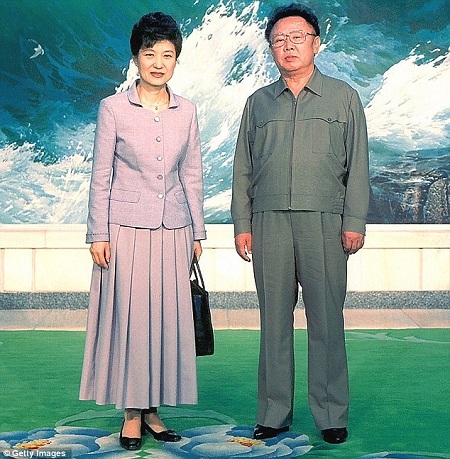Perhaps this was inevitable, given that the coup leaders who deposed President Amadou Toumani Touré have wavered with indecisiveness in the face of international and regional backlash since taking power on March 21.![]()
But the National Movement for the Liberation of Azawad declared the north’s independence Friday, making an already tense situation worse.
It is ironic to note that Captain Amadou Haya Sanogo led the original Mali coup out of frustration that the current administration was not doing enough to retard the progress of the Tuareg rebels, but it seems as if the latest move has somewhat stymied the coup’s newly installed government, Comité national pour le redressement de la démocratie et la restauration de la démocratie et la restauration de l’état (“CNRDRE”).
The Mali dynamic has featured some of the same north-south tensions as Sudan — but in reverse: in Mali, the northern, nomadic Tuaregs have long complained of mistreatment and a lack of support from Bamako and the south, where the majority of Malians live. While the overwhelming majority of Mali is Muslim, the Tuaregs have more in common with Algeria and Libya than with southern Mali, which has correspondingly more cultural ties to other west African Francophone countries like Senegal.
With plenty of access to arms from the recent campaign in Libya to Mali’s north and the example of South Sudan to Mali’s east, it is not exactly surprising that this could have happened. Unlike with South Sudan, however, the fear among the United States and Europe that al-Qaeda and other Islamic fundamentalist groups could turn the north into a terrorist haven, don’t expect the international community to leap at the opportunity to recognize the new nation of Azawad anytime soon.
So it’s looking like Mali is even further removed from holding a new presidential election anytime soon, which was originally scheduled for April 29.
